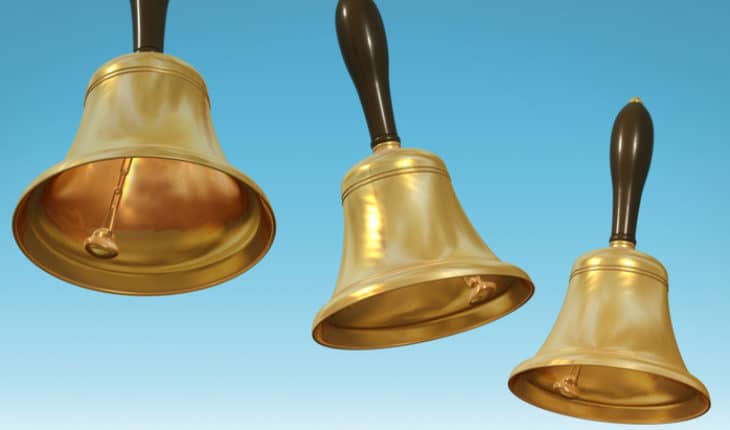New research reveals that over 37.1 million Brits (55%) have experienced constant noise in the ears, such as ringing, roaring, buzzing, hissing, whistling or humming – which is the most common symptom of the ear condition tinnitus.
And far from being a condition that only affects the older demographic the study, commissioned by Bayfields Opticians and Audiologists, reveals that those most likely to be impacted are 18–24-year-olds with a staggering 76% of this age group admitting to having experienced the symptoms of tinnitus such as ringing, buzzing or persistent noise in their ears.
Yet, only 18% of respondents who have experienced signs of the condition have been seen by an audiologist.
Here, Rob Ormerod, audiology director at Bayfields Opticians and Audiologists, explains what to look out for if you think you have tinnitus, the causes behind the condition, the preventative steps you can take and the therapies available to sufferers.
Tinnitus – what to look out for
“Tinnitus is described as any noise you can hear that’s not in the environment, and it’s different for everybody. While some sufferers may experience a ringing, others may hear a static or whooshing sound, buzzing or in some instances even music.
“As our research demonstrates, anyone can be impacted by tinnitus, and there are a number of different types; temporary or permanent, constant or intermittent – which is why it’s crucial to be diagnosed by an expert and get the appropriate treatment and support.
“Ear-related tinnitus can be encountered when someone has a blockage of ear wax, a cold or sinus problems – which tends to be temporary and something which many of us will experience at some point in our lives.
“Permanent tinnitus, however, can be far more debilitating and can be triggered by any number of things including noise exposure, a long term illness, an accident or trauma, and can emerge at any point in a person’s life from childhood through to old age. It is often uncurable, so sufferers are at much more risk of high anxiety and depression due to the impact the condition has on their quality of life.”
Preventing tinnitus
“Prolonged exposure to loud sounds is the most common cause of tinnitus – accounting for up to 90 per cent of cases. So, while many variations of the condition are genetic or a temporary side effect of another illness, there are certainly ways in which we can reduce the risk of developing tinnitus.
“This is particularly prevalent amongst the younger demographic who, according to a recent report published in the British Medical Journal, are putting themselves at risk of hearing problems by ‘unsafe listening’. Using headphones and going to venues with dangerous sound levels are just two examples of everyday activities which can have a major long-term impact on our ears. Even one single instance of unsafe listening can have an effect, yet it’s more likely to be long-lasting for those who experience prolonged exposure to high volumes.
“So, simply turning down the volume on everyday activities can have a very real impact on our ear health. Limit the length of time you’re exposed to loud sounds and invest in hearing protection devices such as ear plugs and ear defenders and keep on your person.”
Treatment options for tinnitus
“The first step is diagnosis. Which is why it’s important to see a professional if you’re suffering from the symptoms of tinnitus.
From the point of diagnosis, we then advise clients to take steps to train their brains to ignore the sounds in their ears. Things like cognitive behavioural therapy and muscle relaxation techniques are options patients can look into to minimise their symptoms. Alternatively, playing tinnitus masking sounds – like white noise or forest noise – offer some relief as they distract the brain.
“Overall, the best thing you can do for your ears and ear health is to have your hearing tested regularly, in the same way as you would get your teeth checked at the dentist every six months”.
For more information
- January’s a Frost (1963) - 2nd January 2026
- Gen Z’s extreme health pledges - 2nd January 2026
- Use weight-loss jabs responsibly in 2026 - 2nd January 2026







